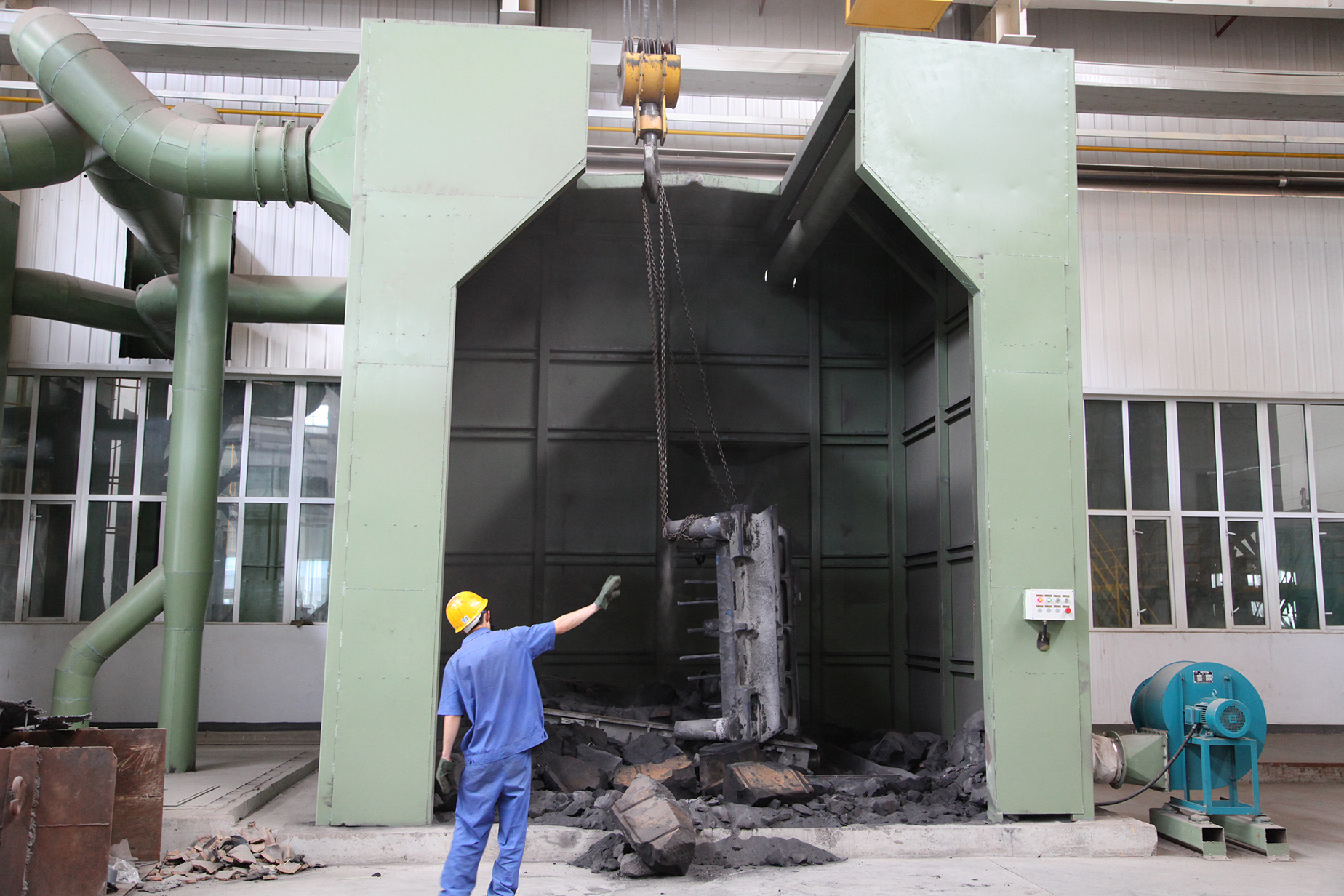- Afrikaans
- Albanian
- Amharic
- Arabic
- Armenian
- Azerbaijani
- Basque
- Belarusian
- Bengali
- Bosnian
- Bulgarian
- Catalan
- Cebuano
- China
- China (Taiwan)
- Corsican
- Croatian
- Czech
- Danish
- Dutch
- English
- Esperanto
- Estonian
- Finnish
- French
- Frisian
- Galician
- Georgian
- German
- Greek
- Gujarati
- Haitian Creole
- hausa
- hawaiian
- Hebrew
- Hindi
- Miao
- Hungarian
- Icelandic
- igbo
- Indonesian
- irish
- Italian
- Japanese
- Javanese
- Kannada
- kazakh
- Khmer
- Rwandese
- Korean
- Kurdish
- Kyrgyz
- Lao
- Latin
- Latvian
- Lithuanian
- Luxembourgish
- Macedonian
- Malgashi
- Malay
- Malayalam
- Maltese
- Maori
- Marathi
- Mongolian
- Myanmar
- Nepali
- Norwegian
- Norwegian
- Occitan
- Pashto
- Persian
- Polish
- Portuguese
- Punjabi
- Romanian
- Russian
- Samoan
- Scottish Gaelic
- Serbian
- Sesotho
- Shona
- Sindhi
- Sinhala
- Slovak
- Slovenian
- Somali
- Spanish
- Sundanese
- Swahili
- Swedish
- Tagalog
- Tajik
- Tamil
- Tatar
- Telugu
- Thai
- Turkish
- Turkmen
- Ukrainian
- Urdu
- Uighur
- Uzbek
- Vietnamese
- Welsh
- Bantu
- Yiddish
- Yoruba
- Zulu
நவ் . 09, 2024 09:39 Back to list
Fuel Considerations for Boiler Efficiency and Performance Optimization
The Importance of Fuel Selection for Boilers
Boilers play a crucial role in various industries, serving as key components for heating processes, power generation, and steam production. One of the most critical aspects of boiler operation is fuel selection. The type of fuel used not only influences the efficiency and performance of the boiler, but it also has significant implications for environmental impact and operational cost. This article will explore various types of fuel for boilers and their respective advantages, disadvantages, and environmental considerations.
Types of Fuels for Boilers
Boilers can be powered by several types of fuels, which can be broadly categorized into fossil fuels, biomass, and alternative energy sources.
1. Fossil Fuels The most commonly used fuels for boilers are fossil fuels, including natural gas, oil, and coal. Natural gas is often preferred due to its higher efficiency and lower emissions compared to oil and coal. It burns cleaner and can significantly reduce the carbon footprint of boiler operations. However, natural gas prices can be volatile, and its availability is dependent on infrastructure.
Oil is another option, though it tends to be more expensive and less environmentally friendly than natural gas. Coal, on the other hand, is one of the most abundant fossil fuels. However, its combustion releases a higher amount of greenhouse gases and pollutants, leading to stricter regulations and a push towards cleaner alternatives.
2. Biomass Biomass fuels, such as wood pellets, agricultural residues, and other organic materials, have gained attention in recent years as a renewable energy source. Biomass can significantly reduce carbon emissions when managed sustainably, as the CO2 released during combustion is offset by that absorbed during the plant's growth. However, the efficiency of biomass boilers can vary and generally requires careful management and maintenance to maintain prolonged operational effectiveness.
fuel for boiler

3. Alternative Fuels The growing demand for sustainable energy solutions has led to the exploration of alternative fuels, such as hydrogen, biofuels, and waste-to-energy technologies. Hydrogen fuel cells present a promising future for clean energy; however, the infrastructure for hydrogen production and transportation is still in its infancy. Biofuels, derived from biodegradable materials, may offer a transition solution, reducing reliance on fossil fuels while still being more environmentally friendly than traditional fuels. Waste-to-energy technologies transform waste materials into heat and power, contributing to reduced landfill waste and a circular economy.
Environmental Considerations
The choice of fuel has significant implications for environmental sustainability. While fossil fuels have traditionally been the go-to options for boiler systems, their long-term viability is challenged by climate change concerns. The combustion of fossil fuels leads to the release of greenhouse gases, nitrogen oxides, and particulate matter—pollutants that can harm air quality and contribute to global warming.
Conversely, the shift toward biomass and alternative fuels offers a pathway to reduce carbon emissions. However, it is essential to consider the entire lifecycle impact of these fuels, from production to combustion. Unsustainable biomass practices can lead to deforestation and loss of biodiversity, undermining the environmental benefits these fuels may provide.
Conclusion
Fuel selection for boilers is a complex decision that must balance efficiency, cost, and environmental impacts. As industries move toward more sustainable operations, the focus is likely to shift toward cleaner alternatives that not only provide reliable energy but also reduce the carbon footprint. The advancement of technologies related to biomass, hydrogen, and waste-to-energy fuels holds promise for the future. Ultimately, stakeholders must evaluate the trade-offs associated with each fuel type to achieve an optimal balance that meets their operational needs while supporting environmental stewardship.
-
Custom Furniture Hardware Durable & Affordable Solutions Shop Now
NewsJun.01,2025
-
SRC Concrete Pipe Bottom Ring Durable & Customizable Solutions
NewsJun.01,2025
-
Machine Base Casting Solutions Custom & ODM Precision Castings
NewsMay.31,2025
-
Custom Cast Steel Pipe Mould Pallets Heavy-Duty & Custom Solutions
NewsMay.31,2025
-
Cast Silicon Aluminum Alloy Heat Exchanger Suppliers & Exporters
NewsMay.31,2025
-
Precision Die Casting Services Custom & Machining Parts Supplier
NewsMay.31,2025


